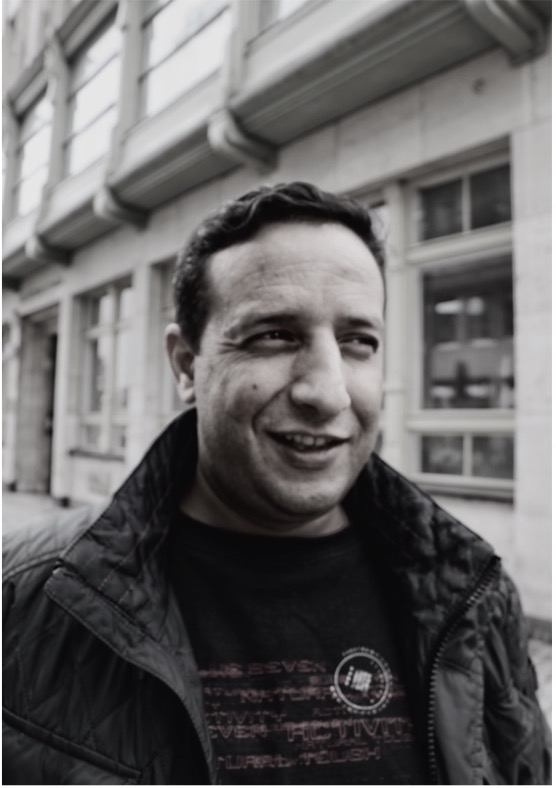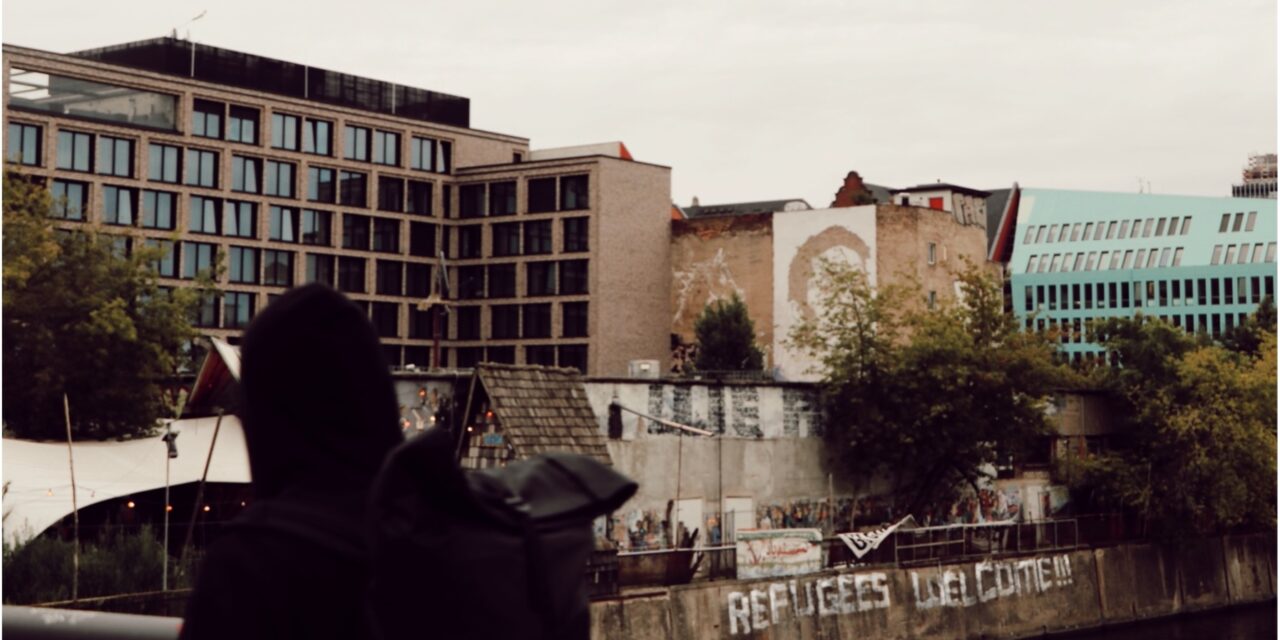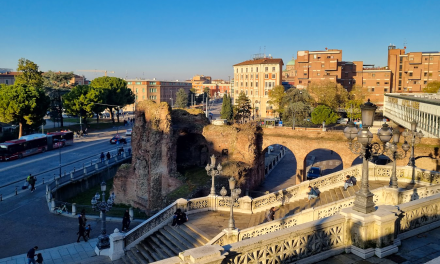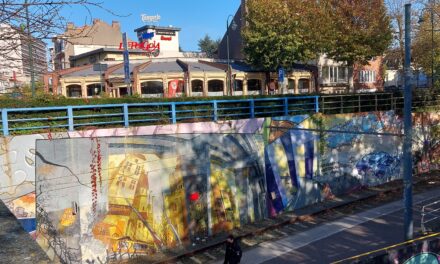Angela ‘Mutti’ Merkel will quit as the chancellor of Germany on the 26th of September, after a ruling period of sixteen years. She is well-known for her outspoken policy on refugees. Over a million refugees came to Germany in 2015 and 2016 after Merkel opened the borders. ‘Wir schaffen das/ we will manage that’, was the quote with which refugees as Ahmad Alhussain were welcomed in Merkel’s Germany. How did she do it, in the opinion of refugee Alhussain?
“Speaking for myself, this current government gave me many opportunities to integrate well. If she wouldn’t have opened the borders back then, I may have never gotten a home here”, according to Ahmad Alhussain who fled from Syria in 2016. The fact that she is leaving, reminds him of the things he experienced when arriving in Germany as well. Alhussain remembers that the first year was tough. “There were so many refugees, that there were not enough facilities. By then I lived in a small room in a gymnasium, together with hundreds of fellow refugees.” Luckily, he found a home quite soon and a friend who taught him English. This was very useful in understanding German society, which is quite different from the Syrian.
Enlarge

Ahmad Alhussain in front of the building where he works and helps other refugees in Berlin. Picture: Femke Boots
Alex Halling, coordinator at the ‘Chancenpatenschaften’ program is matching volunteers with refugees, to guide them in society and making their first steps in integration. The program is a part of the Non-Governmental Organization (NGO) ‘The Association of German Foundations’ in Berlin, and it’s one of the thirty NGOs involved in the national federal program “People strengthening people”, for integration by mentoring. It’s a part of Germany’s integration policy with refugees, resulting from the federal goals by chancellor Merkel.
The peak of the crisis
Especially around 2015, at the peak of the refugee crisis, it was hard to welcome every person. People had to adapt to the situation and local administrations were overwhelmed with the mass of people arriving. “Once I spoke with a mayor of a little village in Niedersachsen. He told me: ‘If we did everything according to the German law and rules back then in 2015 and 2016, it would have been impossible welcoming the refugees in such a large-scale manner’”, says Halling.
In the first years after Merkel opened the borders it was all about surviving for refugees in Germany. Finding a place to stay, getting warm clothes, learning where to go to the local administration, where to find a doctor, etc, it was a huge challenge. By now it is much more about proper education, finding a job and especially getting a visa to become a German citizen. In Germany you need to work for more than five years full-time, before you become an officially registered citizen. Alhussain still needs to work for two more years, before he’s a full-fledged citizen. This is also the part of the policy he’s unsatisfied with. ‘If I compare this to my sister in The Hague, Netherlands, it was way easier for her’, says Alhussain.
Future
Over the years there has been a struggle with making a difference between refugees and migrants. Over the last four years there is a decline in asylum applications. A research report from the Germany Institute shows that it’s not only due to the corona pandemic, according to the Minister of Home Affair, last year’s figures can also be traced back to German migration policy.
Halling remains pessimistic that the agenda to protect refugees is constantly undermined, as well as during the reign of Merkel. “The migration policy differs too much from country to country. This is something that can only be solved on a European level, which isn’t happening yet. Because of the huge differences between every government”, says Halling. In agreement with Halling, the German human rights organization Pro Asyl states that numbers have fallen sharply due to “rigorous border closures” in Eastern Europe. The Greek-Turkish, Hungarian and Croatian EU external borders have been systematically closed.
The migration policy differs too much from country to country. This is something that can only be solved on a European level, which isn’t happening yet. - Ahmad Alhussain
For the upcoming years it’ll be a challenge for the new chancellor, to enforce as much respect as ‘Der Mutti’. For Ahmad Alhussain, there is no other like Merkel: “I hope that the next chancellor will proceed with this refugee policy. In my opinion, Merkel is a very strong woman and has a big heart for us refugees.”




